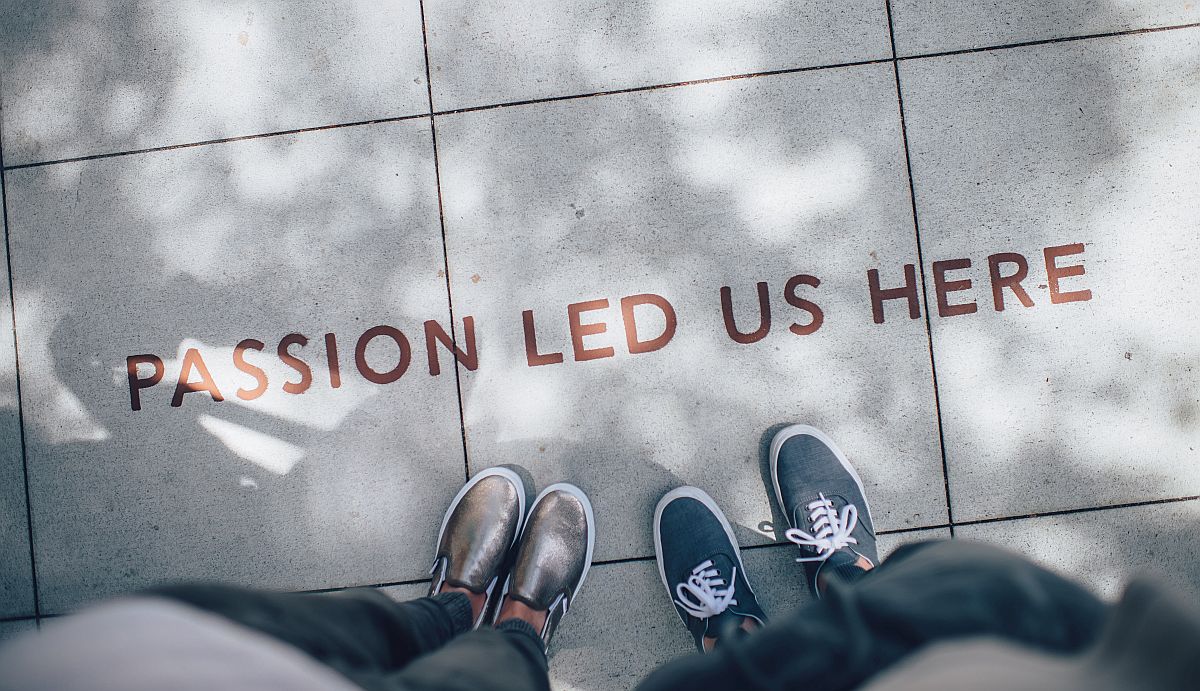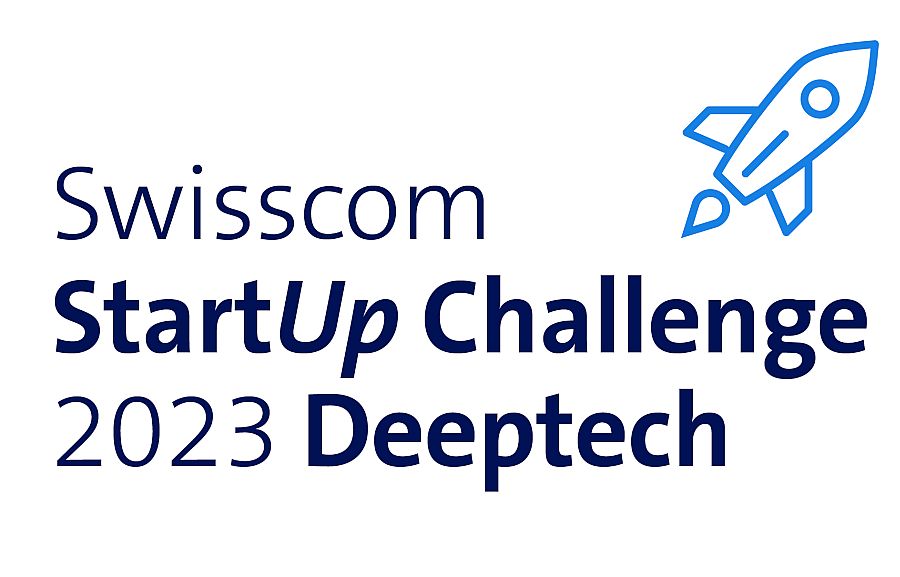
A wide range of solutions from the ten selected startups in the 2023 Swisscom startup challenge are currently under development, with some in their early commercialization. There is a public voting phase until 21 September and a jury pitch session to identify the top 3 winners that will benefit from an individual acceleration program in Silicon Valley.
The 11th edition of the Swisscom Startup Challenge focuses on Deeptech with the aim of supporting startups in their growth journey. Important this year was that candidates must demonstrate their contribution to social issues such as climate protection, education and location attractiveness. Indeed, the ten selected startups each have a unique proposition for the desired themes. They offer solutions that, for instance, support companies’ Environmental, social, and governance (ESG) strategies, data protection, supply chain risk management, robotics and beyond. The use of artificial intelligence remains prominent.
These are the ten finalists:
Calvin Risk (Zurich) – develops comprehensive, quantitative solutions to assess and manage the risks of AI algorithms in commercial use. The tool helps companies create a framework for transparency, governance and standardisation to manage their AI portfolios while ensuring that AI remains safe and compliant with the highest ethical standards and upcoming regulatory requirements.
Correntics (Zurich) –helps its clients to future-proof their supply chains and improve their financial resilience in the face of climate change and emerging risks. In contrast to other companies offering services regarding risk management of natural hazards and climate change, Correntics is unique in its focus on the long-term climate resilience of complete supply chains. By considering the complex interaction mechanisms in global value chains, the Correntics platform will stand out in its modelling capabilities but also in its way of visualizing complex risks.
ESGgo (USA) – an AI-powered operating system for sustainability. With ESGgo, companies can calculate CO2 emissions, survey suppliers, report using any ESG framework or regulation, benchmark against competitors, and generate sustainability reports with AI. Manage CSRD readiness, supplier ESG, KPIs, and gain insights into which country, or product contributes the most to your sustainability.
HOPR (Zurich) – is building digital infrastructure, offering the HOPR protocol to enable companies and users to protect their data thanks to its one-of-a-kind incentivized mixnet. It obscures all metadata, including IP addresses, making it impossible to tell anything about who is communicating and what data they’re sending. Launched in 2020, HOPR is now creating a suite of products and services on top of its core protocol to build the digital privacy landscape of tomorrow.
Irmos Technologies (Zurich) – aims to maximize the safe operational life of existing bridges based on data. Its solution empowers engineers to monitor the structural health of bridges, reducing maintenance costs and environmental impact and at the same time improving safety.
Miraex (Ecublens, VD) – develops a quantum interconnect platform for broadband entanglement that will address two major challenges facing the quantum computing and quantum communication industries: qubit count scale-up for distributed quantum computing applications in areas such as drug development, renewable energy or climate change modelling, and the long-term use of these quantum resources in future quantum networks.
Sevensense (Zurich) – builds the eyes and brains for mobile robots whose vision and intelligence empower manufacturers of manually operated vehicles to become providers of smart robots. Sevensense is accelerating technological innovation in the service robotics industry by enabling robots to safely and autonomously navigate in dynamic spaces shared with humans, in- and outdoors. The Sevensense core technology is based on computer vision and AI techniques, originating from 15+ years of research at ETH Zurich.
Swistor SA (Lausanne) – is developing innovative energy storage devices for consumer portable electronics, autonomous IoT sensor nodes, space applications and at a later stage for the grid. The EPFL spin-off technology enables ultra-fast charging devices that combine high energy storage capabilities with high-power delivery capabilities, to enable the next generation of energy storage devices and provide a long-lasting and environmentally friendly solution that aims to make energy storage sustainable.
Synthara (Zug) – is a semiconductor AI company working on a new breed of edge-AI chips that eliminate the trade-off between performance and energy efficiency. Their technology is a result of years of interdisciplinary R&D in system architecture, neuroscience and neural networks at the Institute of Neuroinformatics (University of Zürich and ETH Zürich). Synthara's first product, ComputeRAM, is a game-changer in the field of computational memory technology.
TerraRad (Zurich) – is pioneering non-contact soil moisture mapping technology for precision agriculture and golf course management. Its patented sensor, mounted on vehicles or drones, is based on earth observation remote sensing technology from NASA and ESA. Packaged with their software subscription, TerraRad provides actionable data for precision irrigation, leading to significant savings of water and chemicals.
You can vote for your favorite finalist until 21 September.
The 10 finalists have been selected by expert judges from a pool of 200 tech startups from 27 countries. The jury will select three winning startups which will visit the Swisscom Outpost team in Silicon Valley and pitch their business cases to global venture capitalists and tech giants. They will also have the opportunity to partner with Swisscom or to receive an investment from Swisscom Ventures.
(RAN)
























































Please login or sign up to comment.
Commenting guidelines